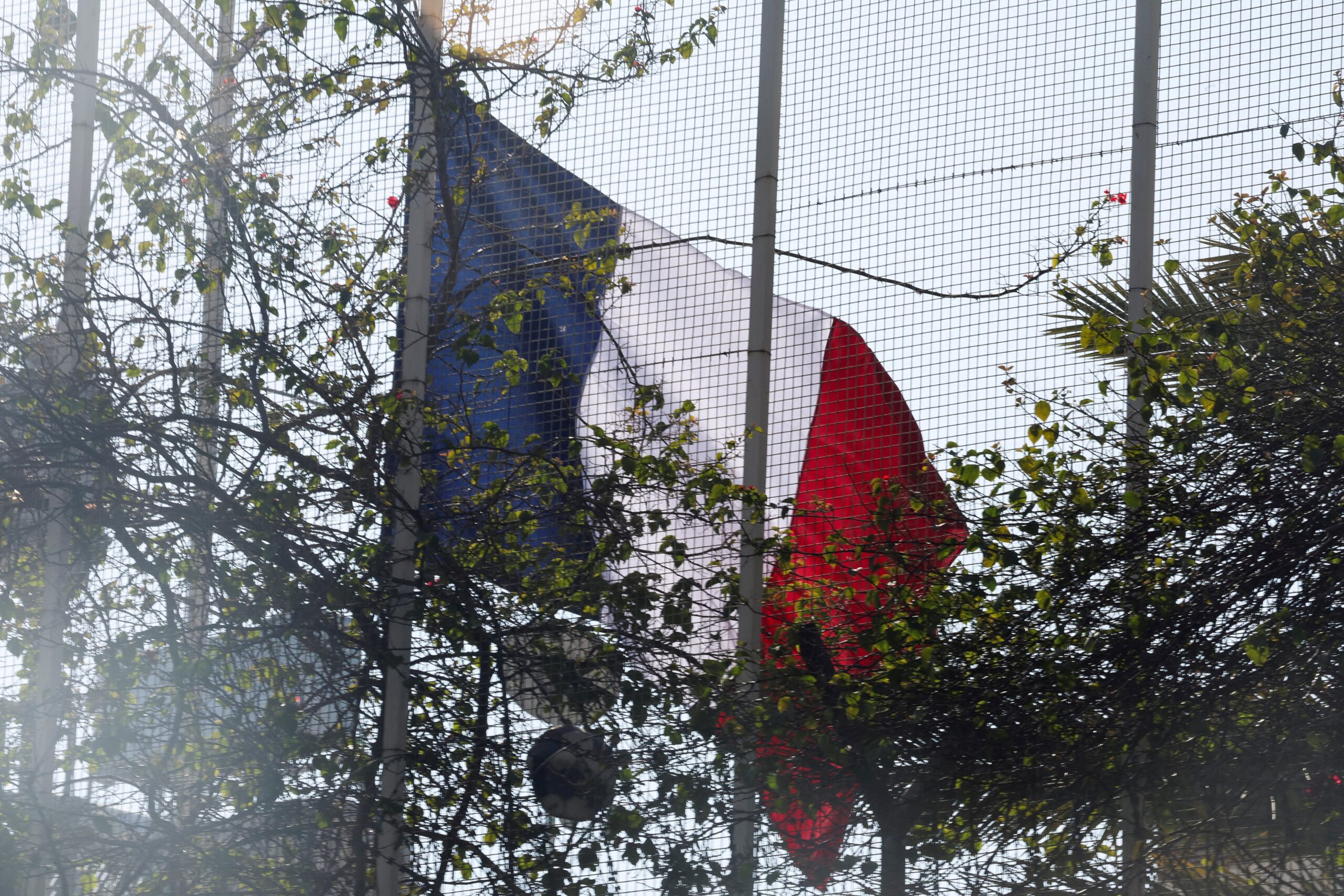
France delivers the flag to the embassy in Damascus as new Syrian officials establish communication with the West
After Bashar al-Assad was overthrown as president, France flew its flag at its embassy in Damascus on Tuesday for the first time in twelve years, and European Union officials were getting ready to meet with the new Syrian administration.
Western governments continue to label Hayat Tahrir al-Sham and its commander Ahmed al-Sharaa terrorists, but they are progressively opening their doors to the new Damascus authorities.
In addition to Britain and France, which dispatched a team to visit Sharaa on Monday, Germany is also organizing meetings with the new government, and the European Union announced on Tuesday that it will also make introductions.
Nine days after Assad was overthrown, the new prime minister appointed by Sharaa’s Islamist HTS organization claimed that the government was struggling with extremely low cash reserves and demanded that the sanctions placed on the overthrown government be removed.
Up until 2016, Sharaa severed relations with al Qaeda, which included his group. Up until this month, when the army dispersed as it marched into Damascus, it had been restricted to a region in northwest Syria for years.
France warned it would not immediately reopen its embassy just because it raised the flag.
The Syrian state news agency SANA said that Sharaa, who was formerly known as Abu Mohammed al-Golani, met with British officials and urged them to relax sanctions on Syria and reestablish links in order to assist refugees in returning home.
SANA published pictures of Sharaa seated during the meeting with the British wearing an open-shirted suit. The cleric “spoke about the need to build a state of law and institutions, and establishing security,” said SANA.
“He also spoke about Britain’s important role internationally.”
The overthrow of Assad, which was a setback to Syria’s old allies in Russia and Iran, may pave the door for Western nations to resume communication with Damascus. But for the time being, at least, that means avoiding the financial penalties placed on Damascus under Assad as well as the terrorism classification that was placed on HTS when it was an al Qaeda branch.
On Tuesday, German diplomats are scheduled to meet with HTS representatives in Damascus, according to the German foreign ministry. A spokesman for Germany’s foreign ministry stated that the discussions would center on protecting minorities and a transitional path for Syria.
In a statement, the spokesperson added, “The possibilities of a diplomatic presence in Damascus are also being explored there,” underscoring Berlin’s close observation of HTS given its ideology’s ties to al Qaeda.
“As far as one can tell, they have acted prudently so far,” the official stated.
‘THE JUSTICE OF ISLAM’
As the largest supporter of rebels throughout the civil war, Turkish President Tayyip Erdogan said that an inclusive government was now required in Damascus and urged the European Union to assist in the repatriation of refugees.
The newly appointed prime minister, Mohammed al-Bashir, stated in an interview with Al Jazeera Mubasher that former rebel factions and officers who left Assad’s army would be used to reorganize the defense ministry.
Syria is home to numerous ethnic and sectarian minority groups, some of which are concerned about their treatment under the control of organizations like HTS, which have their roots in Sunni Islamist militancy.
When asked if he would advise people who are concerned about one religious or political party controlling Syria, Bashir responded, “Those who are afraid…of a religion trend or anything else don’t truly understand Islam, the forgiveness of Islam, the justice of Islam.”
“Syria is for all Syrians,” he declared. “Everyone is a partner for us building the Syria of the future.”
According to Bashir, who previously oversaw an Idlib province government connected to the HTS, he will stay in power until March.
According to EU foreign policy chief Kaja Kallas, if Syria’s new leadership takes “positive steps” to form an inclusive government and uphold the rights of women and minorities, the EU should be prepared to lift sanctions on the country on Monday.
Following his meeting with Sharaa, U.N. humanitarian coordinator Tom Fletcher wrote on social media that “we have basis for ambitious scaling up of vital humanitarian support” for Syria.
Millions of Syrians fled their country as refugees as a result of the conflict, which began with an uprising against Assad’s oppressive regime in 2011. Approximately one million of these migrants migrated to Germany.
All Categories
Recent Posts
Tags
+13162306000
zoneyetu@yahoo.com



